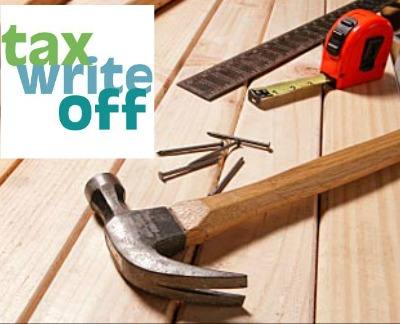One of the benefits of owning a rental home on the Outer Banks is being able to write off the costs of most maintenance, repairs and improvements to the property. The Internal Revenue Service (IRS) defines them differently, and allows write-offs for these expenses in different ways, so it is vital to know the difference and how to claim the expenses on your tax return.
According to the IRS, repairs do not add any value to your home, and do not substantially enhance the life of the property. Things that would fall into the repair category are painting a wall, fixing toilets, repairing appliances, repairing a driveway or replacing a broken window. Generally, repairs would be a deduction on your tax return in the same year in which the expense occurs.
Improvements are different and would be defined as “an addition or partial replacement of property that adds to it’s value, appreciably lengthens the time you can use it, or adapts it to a different use.†Things that would be considered improvements would include adding living space, replacing the heat and air system, completely painting at least one entire room, a new roof, new flooring, or landscaping. Typically, improvements would be depreciated over the course of several years, rather than the write-off being taken in a single year.
Another reason to differentiate repairs from improvements is that improvements can add to the tax basis of your property. Tax basis is the total of the purchase price, any closing and settlement costs, and any improvements made during the term of your ownership.
When selling a primary home, a couple can walk away with as much as $500,000 in tax free profit. Not so with a second home or rental / investment home. Profit is calculated by subtracting the tax basis from the sale price. The resulting profit, less all selling expense, is termed capital gain. Capital gain has historically been taxed at a lower rate than regular income, but new tax regulations are being implemented that will erode that tax benefit.
Improvements add to your tax basis and decrease your taxable capital gain. Repairs are write-off in the year in which they occur.
It is important to note that repair vs improvement is a gray rather than black-and-white tax issue. It makes good sense to run any upgrading project by your tax advisor for guidance as to whether it will pass the test for increasing home value. To look into this yourself, refer to IRS Publication 523, Selling Your Home.
– Article written by Linda Harper, Broker













